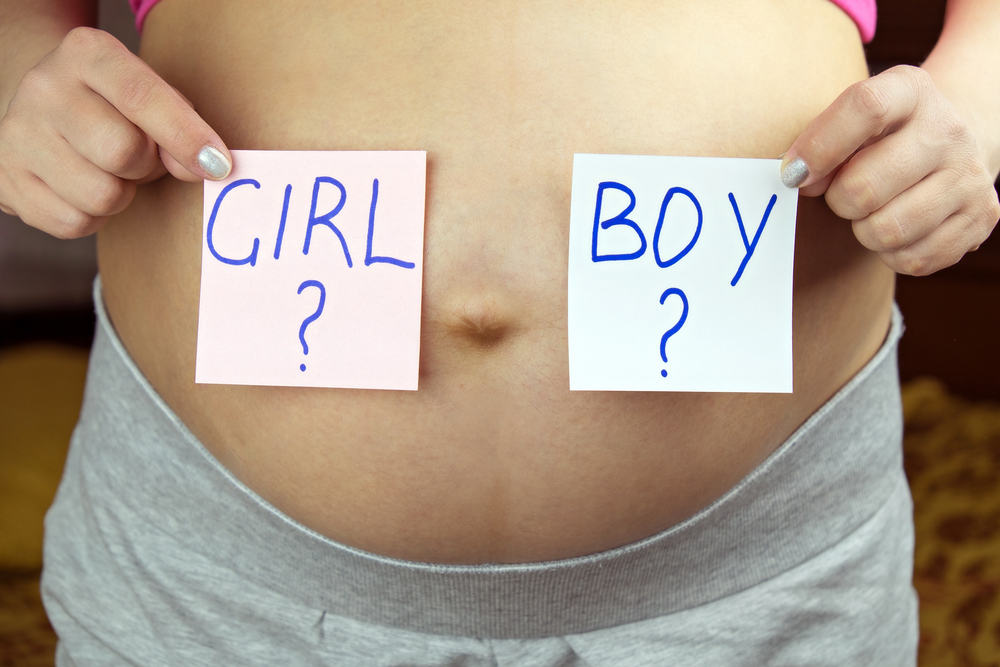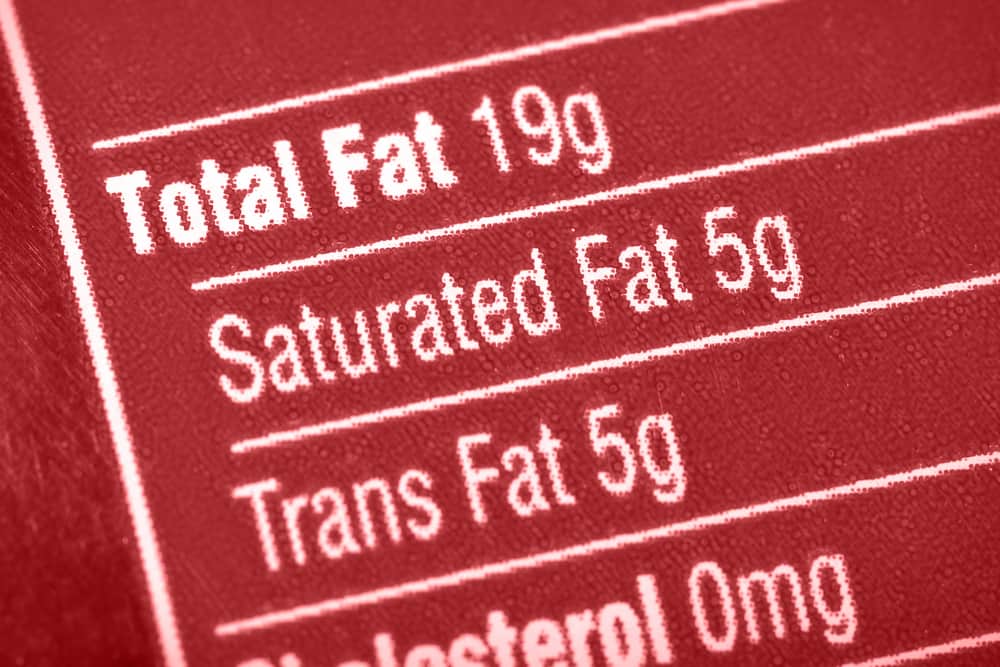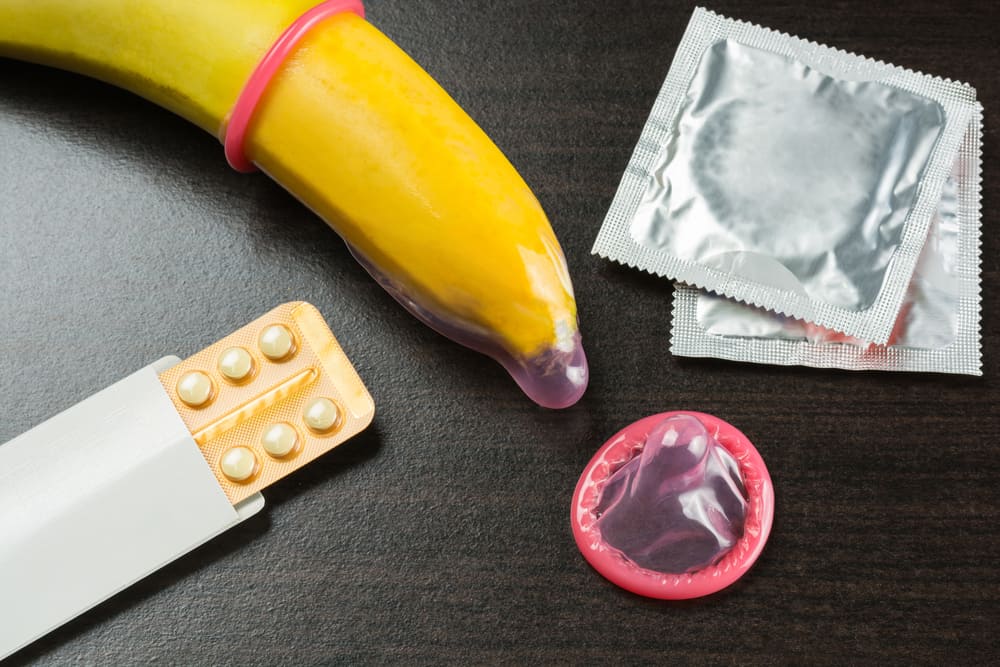Contents:
- Medical Video: What to Expect in the 1st Trimester: Q&A with Belly to Baby
- 6 things that "say" affect the sex of the baby
- 1. When having sex
- 2. Position of sexual intercourse
- 3. The food you eat
- 4. Family history
- 5. Stress level
- 6. In vitro fertilization technique, aka IVF
- Is it true that this affects the sex of the baby?
Medical Video: What to Expect in the 1st Trimester: Q&A with Belly to Baby
Women or men, some couples may not question the sex of the baby who is in the womb. However, of course you are curious about giving birth to a baby boy or girl.
There may be several factors that affect your baby's sex. Inadvertently these factors may contribute to determining your baby carrying XX chromosomes (female) or XY (male).
6 things that "say" affect the sex of the baby
Various assumptions arise in the community, that there are several things that can affect the sex of the baby, such as the food you usually eat, when you have sex, when you ovulate, or other things. Maybe you want to have a baby boy, but your partner wants a girl. Unfortunately, there is no strong medical evidence that proves that there is a surefire way that can help you determine the sex of the baby you want.
1. When having sex
Time to have sex can affect the sex of the baby. Conception or fertilization is the meeting of sperm and egg cells. There is a theory that sperm carrying the Y chromosome can swim faster and die quickly before fertilization occurs, while sperm carrying the X chromosome swim slower but stronger. So that sexual intercourse near ovulation can produce a baby boy, while having sex a few days before ovulation can produce a baby girl.
However, this theory is still debated. A study published in The New England Journal of Medicine in 1995 found no relationship between the time of sexual intercourse with the sex of the baby. Further research is needed to find out this relationship.
2. Position of sexual intercourse
Some people also believe that the position during intercourse can affect the sex of the baby. This belief states that if you want a baby boy you should use a standing position during intercourse and if you want a baby girl you should be in a missionary position. However, this is only a myth that cannot be verified.
Another myth that develops, which is to make the vagina in an acidic atmosphere to get a female baby and make the vagina in an alkaline atmosphere to get a baby male sex. And this has not been proven.
3. The food you eat
Some studies link the number of calories consumed and the sex of babies, as in a study published by the Proceedings of the Royal Society B in 2008. The study found that women who consumed more calories a year before conception, especially those who ate cereal at breakfast and ate high-potassium foods, were more likely to get a baby boy than women who skipped breakfast and consumed fewer calories.
However, research in 2009 in the same journal denied that and considered it just a coincidence. Many beliefs that develop in the community say that the food that mothers eat can affect the sex of the baby. But, once again this is only a myth that cannot be verified.
4. Family history
Some people might guess the sex of the baby to be born by looking at their family history, such as the number of boys and girls who already exist in the family. There may be some families with genetic predispositions like this, but it doesn't apply to all. Again, this is a coincidence, there is no research that can prove this.
5. Stress level
Some researchers assume that sperm carrying Y chromosomes are susceptible to high levels of psychological stress, so stressed mothers or fathers are more likely to have a baby girl. However, this is still speculation and has not been shown to have a real impact on the sex of the baby.
6. In vitro fertilization technique, aka IVF
Based on a study from the University of New South Wales in Australia in 2010, the sex of a male or female baby may depend on the technique of fertilization in the baby (IVF) used. The researchers found that the percentage of male infants became around 49% when the couple opted for intracytoplasmic sperm injection, where sperm is injected directly into the egg, and the fertilized egg is transferred into the uterus at the division stage, which is about two or three days after sperm injected.
In another technique, the percentage of baby boys rose to 56%. This happens when the standard in vitro fertilization is carried out. Egg and sperm cells are mixed in a dish (not injected) and the embryo (fertilized egg by sperm) is transferred into the uterus at the blastocyst stage, which is about four days after the sperm cells fertilize the egg. The reasons underlying this are not known exactly, but the possibility is related to the length of time the embryo is cultured in the laboratory. The male baby may be stronger, allowing the embryo to last longer outside the body.
Is it true that this affects the sex of the baby?
Very few studies have shown that these factors really affect the sex of your baby. Even some experts consider it just a coincidence, nothing can really be done to be able to determine the sex of your baby. Reporting from webMD, Steven Ory, a reproductive endocrinologist, says that nothing can really influence the selection of your baby's sex. You have a 50-50 chance of getting a baby boy or girl. After all, it makes no difference between a boy or a girl, they have their own special features. You only need to enjoy the surprises that are given when the baby is born.
READ ALSO:
- 7 Types of Medical Examinations that Need to be Done Before Marriage
- Overcoming 10 Major Problems That Are Often Faced By Pregnant Women
- Factors Affecting the Occurrence of Twins












